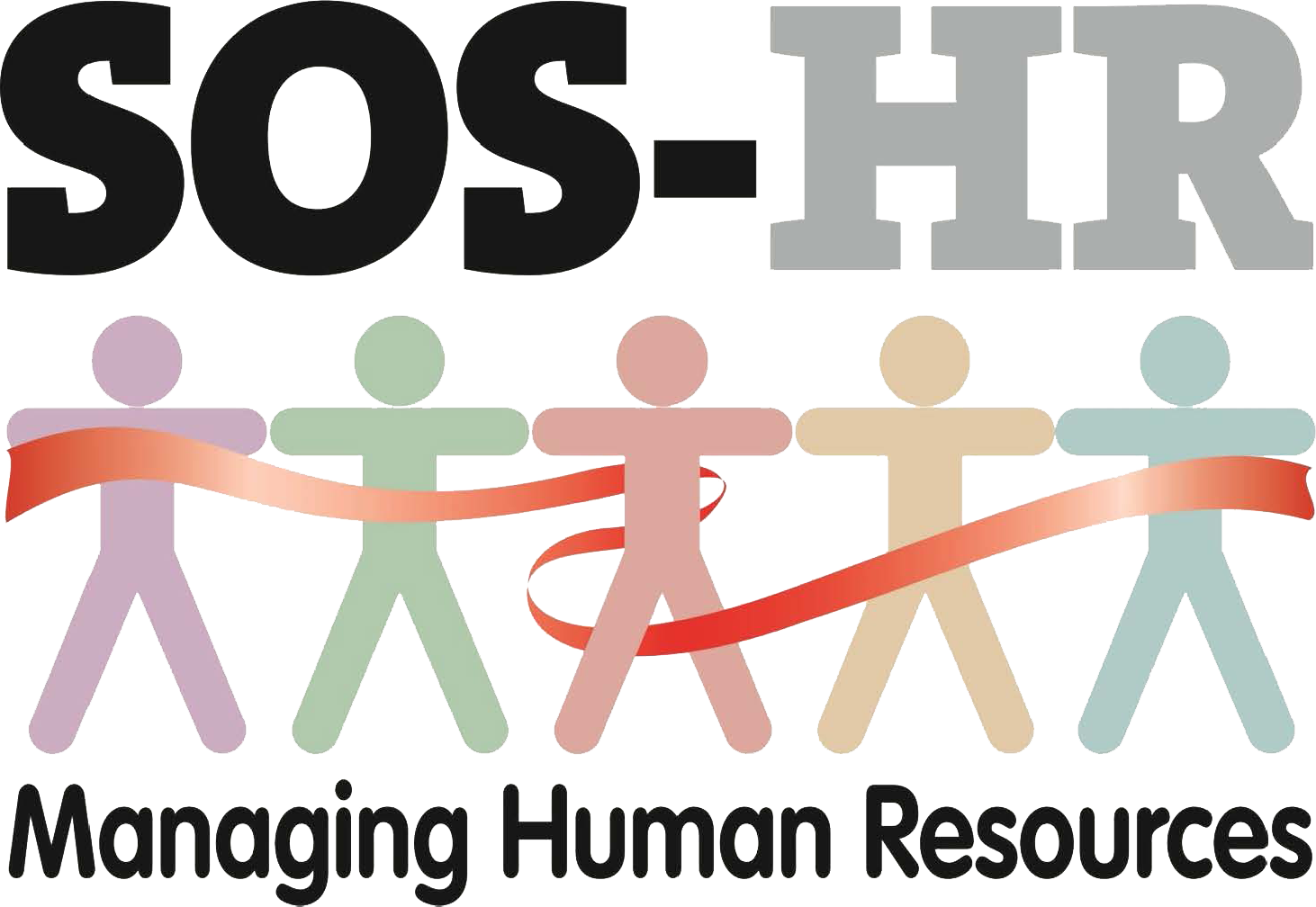Reinforcing your company holiday policy
At this time of year, many employees are planning or taking their holiday. Yet, for some, that longed-for break can turn into a stressful time for both employee and employer. Below we share four of the frequently asked questions and guidance.
What happens if my employee’s planned holiday is cancelled due to a strike, wildfires, or severe weather? Do they have the right to cancel their holiday and return to work?
Employees affected by travel disruption or cancellation may wish to have their annual leave cancelled so that they can take it at some other time later in the year.
The employer should take into account the needs of the business and the employee’s personal circumstances, and we recommend that should consider agreeing to the cancellation only where this would not cause significant inconvenience.
Employers should bear in mind that if they allow the cancellation, there may be a period later in the year when a larger number of, or other, employees are on leave at the same time.
If an employee is awarded more annual leave than the statutory minimum of 28 days / 5.6 weeks per year, it may be possible to allow some carry-over of leave into the following holiday year, at Directors’ discretion.
What happens if my employee goes ahead with a holiday when annual leave has not been authorised?
The employer can help minimise the risk of employees taking unauthorised leave by having a clear annual leave or company holiday holiday policy. It should state that if an employee goes on holiday without having a request approved, it will be subject to the employer’s disciplinary procedure and may be at risk of dismissal.
The employer should also specify unauthorised leave as an example of potential gross misconduct. If the employer needs to refuse an employee’s holiday request, it can help to reduce the chances of the employee going on holiday by giving plenty of notice of the refusal.
As a minimum, this notice should be as much as the duration of the holiday requested.
How do you deal with an employee who fails to return to work on the expected date and states they were stranded abroad?
Most employees know what is expected of them when they book time off work to go away on holiday. Information on how to request annual leave should be in their employment contract or a written company holiday policy.
Employees often do less well at taking the correct action if they are delayed or prevented from returning to work at the allotted time, which can lead to disruption for the employer and undesirable consequences for the employee.
The employer should have a company holiday policy that makes it clear returning late from holiday and not making contact will be considered an unauthorised absence and unpaid. Only in exceptional circumstances will it be considered reasonable that the employee did not make contact to explain their situation.
As with other types of unauthorised absence, the employer should try and make contact with the employee and take note of the attempts made if the employee does not respond. If telephoning, make a note of whether the ring tone is engaged or indicates the employee may be overseas or whether the number is unobtainable.
Employers should bear in mind that there may be a genuine reason and not jump to conclusions.
When the employee returns to work, the employer should carry out an investigation. If the reason given for the delay in return to work is travel disruption such as flight cancellation, strike action or natural occurrence due to adverse weather, then as part of the investigation, the employer should attempt to verify this, for example, using airline information and news reports.
What happens if my employee is ill whilst on holiday?
If the employee produces a medical certificate from a doctor, even if from another country, as evidence of illness, then the period should be recorded and paid as sickness absence.
For those qualifying for Statutory Sick Pay (SSP), which is currently £109.40 per week, the holiday days would be reinstated.
If you have a particular issue or scenario that you would like to discuss, please do not hesitate to contact us on 01473 276170 or email info@sos-hr.co.uk
